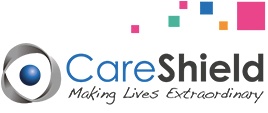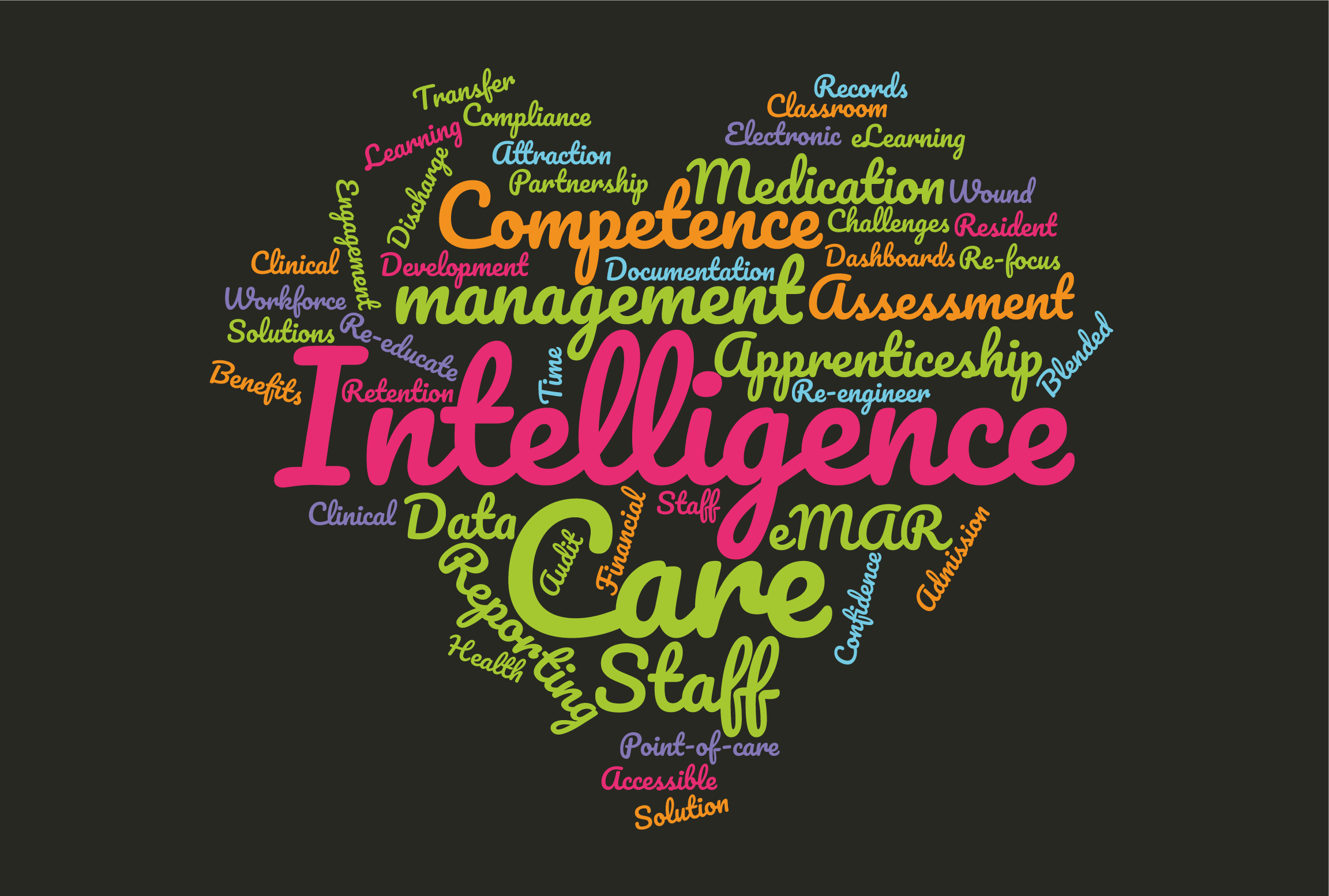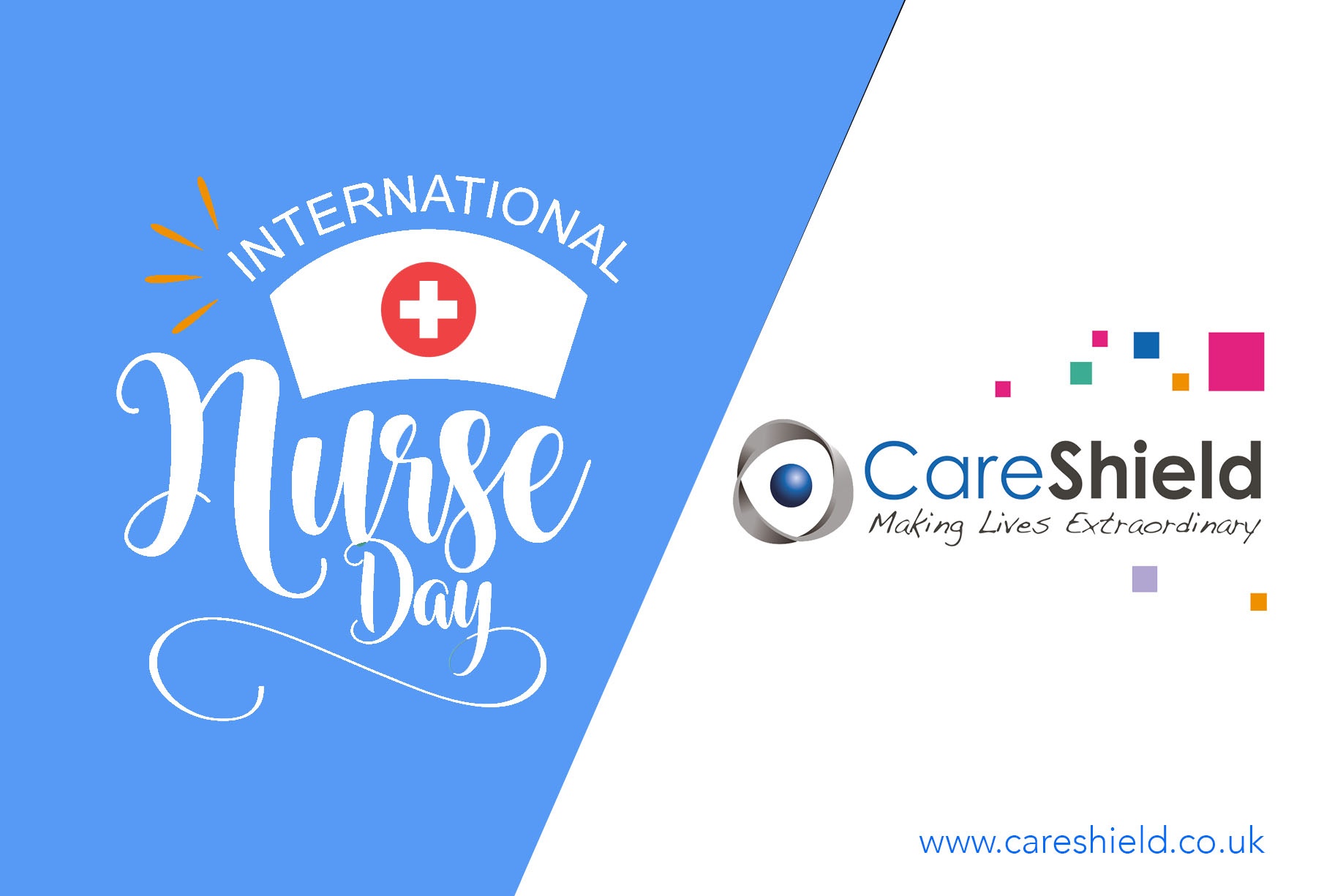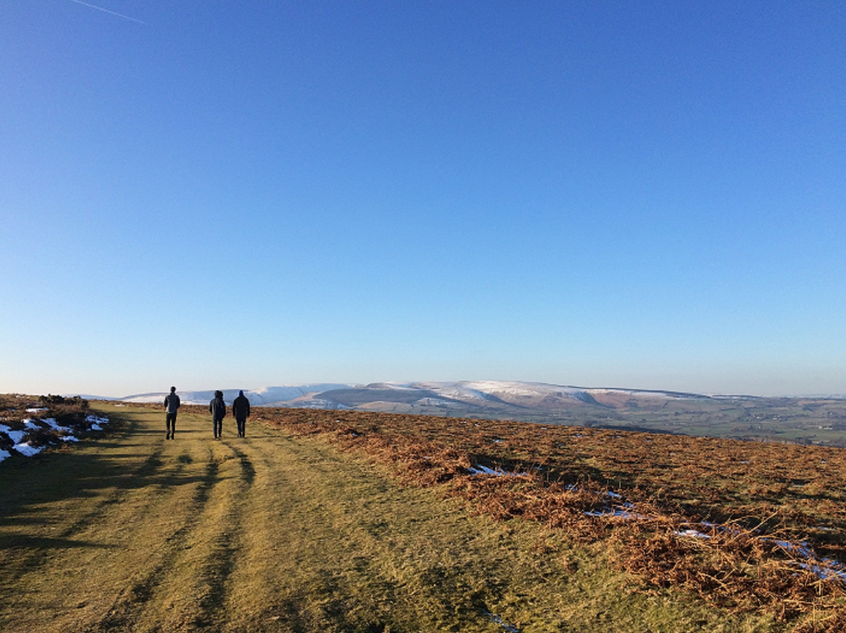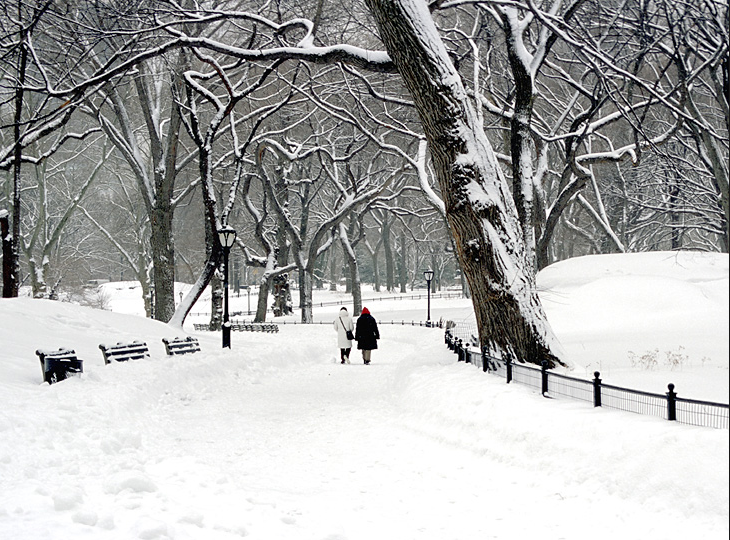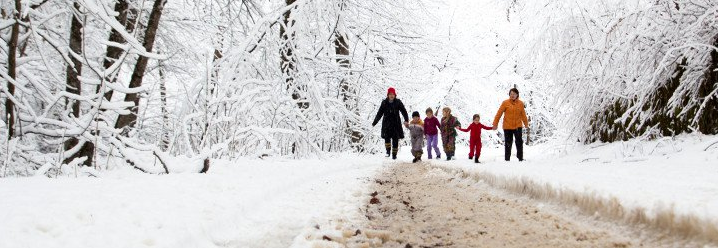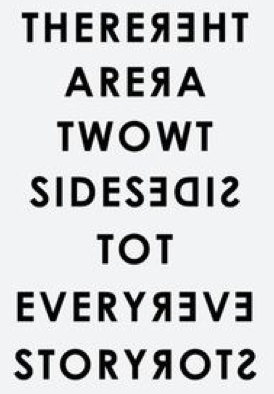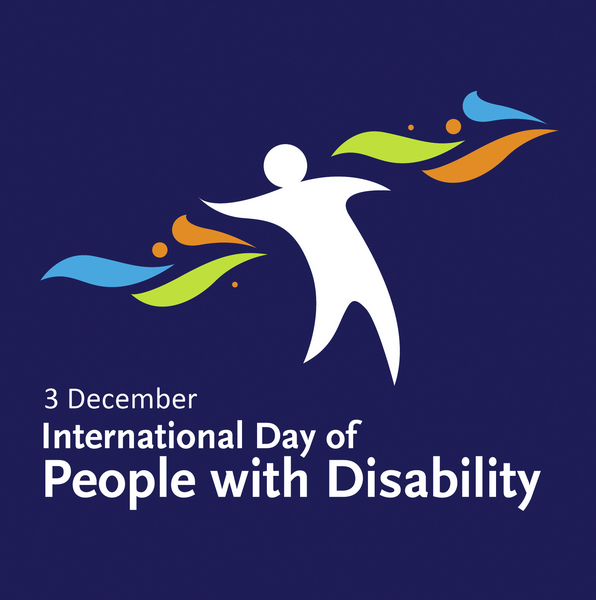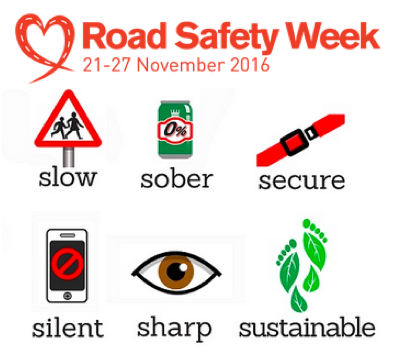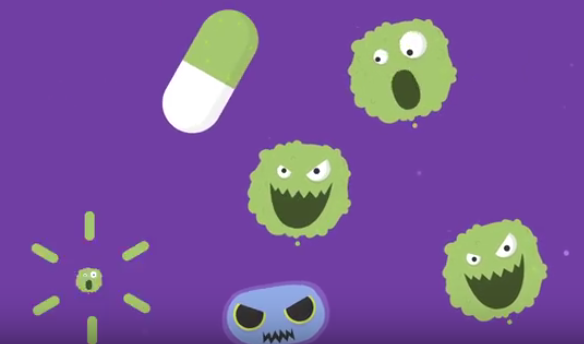Two of the sector’s leading service providers, CareShield and MED e-care, are working together to provide the data, systems and processes needed to help care providers deliver consistent quality outcomes across the continuum of care. their combined offer, ‘Care Intelligence’, combines service user and staff intelligence, enabling the management team to re-educate, re-focus and re-engineer the way it runs the care facility. This combined clinical and operational intelligence assists the management team in improving care delivery resulting in clinical and financial benefits.
Read MoreCareShield Ltd
Recent Posts
International Nurses Day is celebrated internationally on May 12th, the anniversary of Florence Nightingale’s birth. It focuses on how Nurses make such a significant difference locally, nationally and internationally. Nursing staff are considered the superheroes of health care, using their acquired skill-set to change and improve lives daily.
Read MoreWith all best wishes for 2017 - especially those on duty over Hogmanay - and we very much look forward to working with you in the New Year!
Read More‘I wonder if the snow loves the trees and fields, that it kisses them so gently?
And then it covers them up snug, you know, with a white quilt; and perhaps it says “Go to sleep, darlings, till the summer comes again.’ Lewis Carroll
Late dawn. Early sunset. Short day. Long night. Here in the Northern Hemisphere, the December solstice marks the longest night and shortest day of the year.
It’s when the sun on our sky’s dome reaches its farthest southward point for the year. This year, the Northern Hemisphere has its shortest day and longest night of the year today - Wednesday, December 21. Meanwhile, the Southern Hemisphere, on the day of the December solstice has its longest day and shortest night.
A solstice is an astronomical event, caused by Earth’s tilt on its axis, and its motion in orbit around the sun. Because the Earth doesn’t orbit upright, but is instead tilted on its axis by 23-and-a-half degrees, Earth’s Northern and Southern Hemispheres trade places in receiving the sun’s light and warmth most directly. The tilt of the Earth – not our distance from the sun – is what causes winter and summer. At the December solstice, the Northern Hemisphere is leaning most away from the sun for the year.
Read More‘It is the life of the crystal, the architect of the flake, the fire of the frost, the soul of the sunbeam. This crisp winter air is full of it.’
John Burroughs, “Winter Sunshine”
Read More
Many of us work with challenging patients who perhaps suffer from aggressive forms of dementia – and as a result have to deal with difficult situations through no fault of our own. But often, we forget we can be part of the problem and that usually there are two sides to every story.
The aim of Anger Awareness Week is to identify anger as an issue which needs to be addressed effectively, helping people befriend anger by using the right tools to calm themselves down and to deal effectively with this emotion, be it of their own or that of others. This is especially true, both in the run up to, and over Christmas.
As part of Anger Awareness Week, the British Association of Anger Management have created an innovative Keep Your Cool Over Yule Kit, which can be used by individuals, organisations, families, schools and other groups.
Read MoreThe estimated one billion people living with disabilities worldwide face many
barriers to inclusion in many key aspects of society. As a result, people with disabilities do not enjoy access to society on an equal basis with others, which includes areas of transportation, employment, and education. The aim of the Day is to create a more inclusive and equitable world for persons with disabilities.
By promoting empowerment, real opportunities are created. Empowerment involves investing in people - in jobs, health, nutrition, education, and social protection. The theme for 2016's Day is: Achieving 17 Goals for the Future We Want, which provides a frame for considering how people with disability are excluded from society by promoting the removal of all types of barriers; including those relating to the physical environment, information and communications technology (ICT), or attitudinal barriers.
“Yes I can, if ……..” Will Pike
Read MoreRoad Safety Week is the UK's biggest road safety event, coordinated annually by Brake, involving thousands of schools, organisations and communities each year.
Brake is a road safety charity that works to prevent road death and injury, make streets and communities safer, and supports the victims of road crashes. Brake founded Road Safety Week in 1997 as an annual event to raise awareness about road safety and promote steps that everyone can take to stop these needless deaths and injuries year-round.
Road Safety Week aims to inspire communities to take action on road safety and promote life-saving messages during the Week and beyond. It also provides a focal point for professionals working in road safety to boost awareness and engagement in their work.
Read MoreInfection control is everybody’s business so as we’re half way through World Antibiotic Awareness Week, we thought we’d share the statistics to prove why this is so. In the recent final report and recommendations of Review on Antimicrobial Resistance, chaired by Jim O’Neill (May 2016) detailed scenario analyses provided the basis for their conclusion. These included:
- The 700,000 deaths globally in 2016 from Antimicrobial Resistance (AMR) could increase to 10 million per year by 2050 – more people than currently die from cancer and a staggering death toll of one person every 3 seconds.
- In the two years it took from the Report commencing start to its publication over 1 million people have died from AMR and new forms of resistance have emerged that were not known about in 2014.
